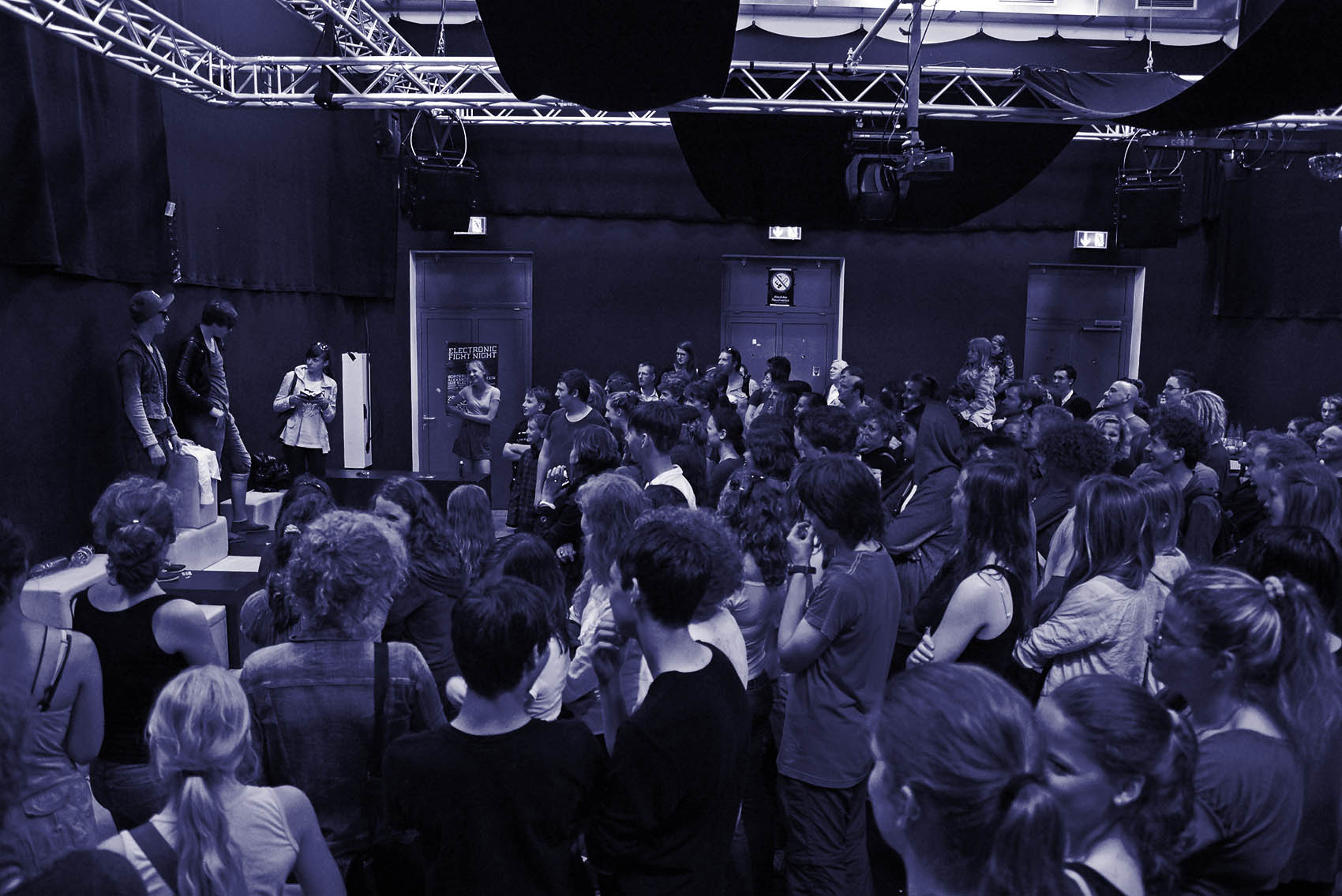IDENTITY A BLOODY ROMANCE
How does migration affect society and citizens’ identities?
This exhibition observes the long history of Mozambican-German identities up until the present.
Spanning the centuries from 1816 until today, this film documents meetings, motivations, interests, and consequences of Mozambican-German encounters. Different aspects of identity (for instance language, family, feelings of belonging, profession, sexuality, economic interests, and dependencies) play into the personal stories which one can discover and experience in this exhibition. “Eyewitnesses” describe and show the various traces which both countries have left on their biographies. The exhibition also sheds light on the often “hushed-up” East German history of foreign worker recruitment. For more than 20 years these guest workers protest every week in Mozambique’s capitol Maputo, in order to receive the money the government owes them from GDR-times.
The exhibition presents these issues as part of a sensory experience, positive and aesthetically pleasing, using artistic means and individual historical portraits. In doing so, it does justice to the many layers of issues that come into play. Both positive and negative experiences are shown, and contradictions are revealed.
It is a societal necessity to bring more public attention to this exhibition, not only because our shared relationships live on, as does the interest in each other, but also because the German companies are increasingly investing in Mozambique.
www.identityabloodyromance.com

The exhibition can be booked! If you are interested write to:
paradisegardenproductions@gmail.com
The exhibition includes the following elements:
- Portrait photos (A0-format): 10 eyewitnesses each hold a picture, which symbolizes their personal German-Mozambican history.
- 13 tablets with short documentary films explaining the history of the country and presenting the interviewed eyewitnesses who discuss their Mozambican-German identity. The tablets are set up on 4 tables. Stools are included with the tables.
- Large film projections of individual scenes from the theatre piece of the same name, “Identity – A Bloody Romance”. The theatre piece is based on interviews with 50 eyewitnesses as well as aspects of their history, summarised and brought to the point using theatrical and performance tools. The performance with 14 Mozambican actors was opened 2013 in Maputo. The exhibition was opened in the Werkstattgalerie in Berlin.
Aims of the exhibition:
To explain and critically analyse the shared history between Germany/GDR and Mozambique. To inform the public about the current situation of Regressados in Mozambique (e.g. default of insurance payments), the lives of those who remained in Germany after being recruited as contract workers in the GDR as well as their German-Mozambican children. To become acquainted with the historical context, especially the exchanges between Mozambique and Germany.To educate on the issues of “identity” and “preventing exclusion”. To improve viewers’ personal ability to deal constructively with exclusion, exchange perspectives, become more interculturally sensitive, confront one’s own personality/identity, and reflect on their own behaviour and ways of thinking. To strengthen democratic co-existence, increase sensitivity for issues of discrimination and exclusionary behaviour, reduce prejudice and stereotypes, increase acceptance and respect for differences/diversity. To support the development of social skills, involvement in social action, as well as development of identities and personalities in the community.
Workshop on identity
Who are we? How do we picture ourselves? What experiences shaped us and how do we deal with what seems to be inherited? How do we work in a society?
It is the goal of the workshop to practically practice theatrical techniques. It is divided into three parts:
The narrator in us- How do I create an atmosphere of security and trust in a working group to collect formative and essential experiences of the "experts of my own experience" without exposing the "experts"? How can the collected stories be structured and prepared for further use in the performing arts? Here we use techniques of oral narrative tradition and techniques of Augusto Boal's "theater of oppression" and creative writing.
The performer in us - the playful handling of the individual "expert material", rules and theatrical techniques of improvisation, fundamentals of the drama (basic dynamics of communication, silent play). Here, approaches from Jacques Lecoq's "The Poetic Body", Jerzy Grotowski's "Towards a poor Theater", and Keith Johnstone's "Impro - Improvisation and the Theater" come to fruition.
The director in us - the collage as a "melting pot" of different techniques and media (theater, performance, film, music, photography, puppetry, dance), dramaturgy of the collage, basics of fine-tuning the presentation, presentation. Here we refer to methods that are to be researched in the theater of the time "Lessons 1 Dramaturgy" and Theater of the Time "Lessons 2 Director".

Our goals:
"From small anecdotes to the big theater" Teaching techniques from practice to the field of theater acting, directing and theater education with the aim:
Examination of one's own personality / identity, reflection on one's own behavior and ways of thinking, perception of one's own cultural character, acceptance and appreciation of diversity / diversity - personality formation
Insights and basic education in the creative handling of work with different target groups, impressions of artistic practice, key competences in communication and presentation.
Discussion and theoretical reflections on the practice of the performing arts in dealing with "contemporary witnesses" and with autobiographical material.
